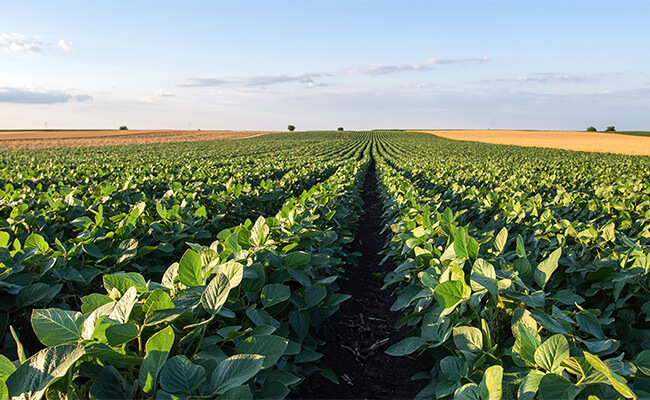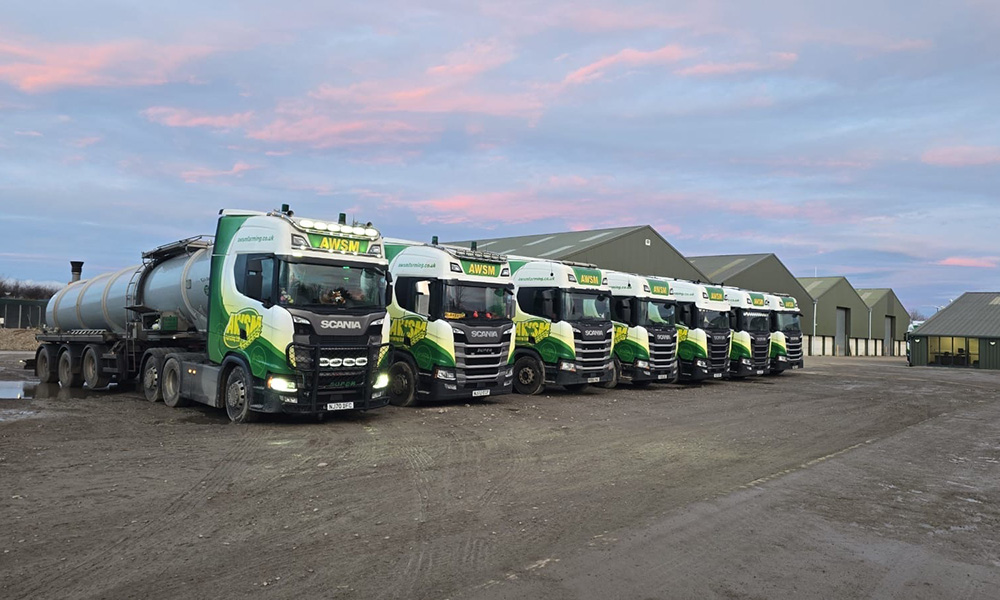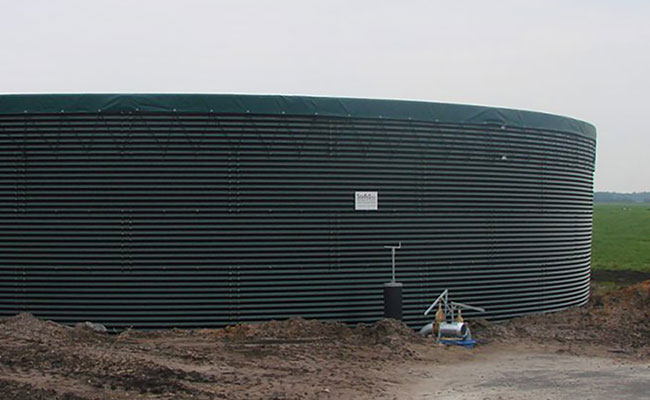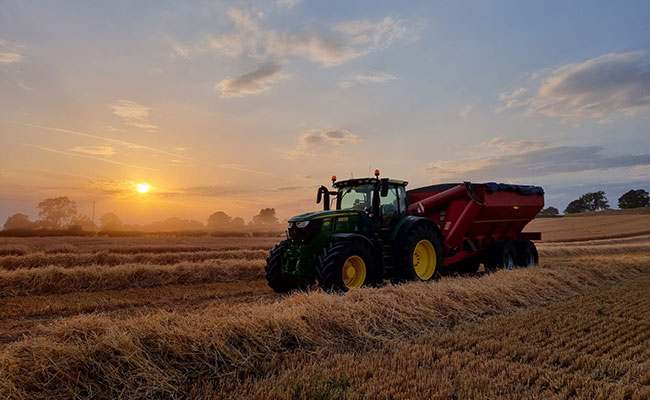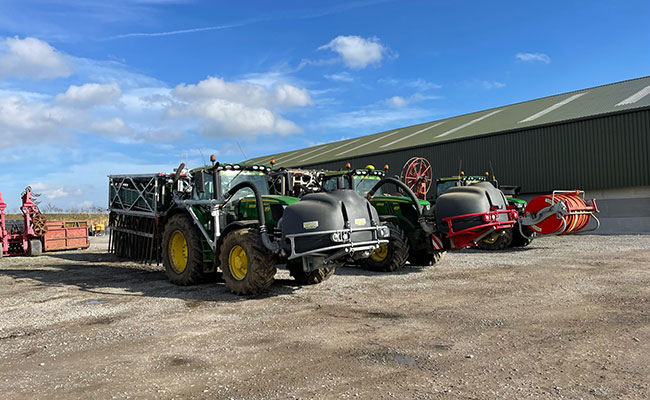Ways to overcome the uk summer drought
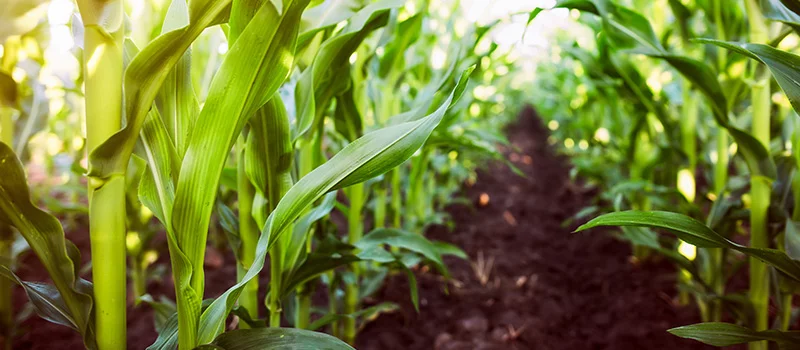
The Environment Agency announced in May that river flows were below normal for the time of year, prompting irrigation prospects to be declared “moderate to poor” across most of the nation.
According to National Geographic, a drought is “an extended period of unusually dry weather, when there is not enough rain”. The most common kind of drought is a meteorological drought; which is primarily caused by a lack of rain and high temperatures. Generally, there’s no reason to panic about water shortages during a meteorological drought – unless it continues for a prolonged period of time.
A meteorological drought can directly cause an agricultural drought. Drought can cause a multitude of issues for farmers, from destroyed crops to inflated water bills, so we decided to have a think about what can be done to keep your farm running smoothly during drier seasons.
How can you protect your land from drought this summer?
Irrigation systems
For many, the primary way of maintaining farming services during a drought is through a pre-existing irrigation system. Designed to precisely release water into the roots of plants, drip irrigation systems rely on narrow piping being placed on, or buried in soil. Utilising a drip irrigation system can be the most effective way of conserving nutrients and reducing the amount of water evaporating.
Unfortunately – especially in the UK, at least – droughts are unpredictable. Even though we can have a week of good weather, it’s almost always followed by rain. Excess rain after a dry spell can lead to surface water accumulating on land, which can be a contributor to flash flooding. This means that installing an irrigation system could be an unnecessary expense that your land may never benefit from.
It’s good, where possible, to prepare in advance for a drought, and taking a look at all types of irrigation systems is a good place to start. Additionally, you could build a water storage system that can collect any rainwater to be used throughout a drought, which will also help to reduce inflated water bills.
At AWSM Farming, our teams of agricultural contractors are available to advise how best to adapt your land to the changing climates – including the installation of irrigation systems.
Slurry Injecting
Fields, where the slurry is directly injected, have a better grass yield and it can help to reduce the problem of grass turning brown in mid-summer. Moreover, it means that farmers will reduce the amount of artificial fertiliser needed for their crops. AWSM Farming offer a selection of services, including slurry injecting services, please click here for more information.
Crop Spraying
With hot weather comes annoying pests that can wreak havoc on your farm. Crop spraying will help to abolish as many of the critters as possible to keep your produce safe and uneaten. Without the development of crop spraying, many yields would suffer losses, not to mention the fact insecticides can help to combat human and animal diseases.
It’s important to bear in mind that when it comes to crop spraying there are numerous options. Such as the level or spraying you require and how you want your crops to be sprayed, whether it be from drones, aircraft or a Bateman’s machine.Contacting an agricultural service provider can help ensure that any spraying is being carried out safely and efficiently, without affecting the surrounding area.
At AWSM Farming, we operate crop spraying machinery that is available to lease as part of our agricultural contracting and machine hire services. All of our machinery is well-maintained and can be provided with operations staff to help advise with the application to improve efficiency.
Compost and Mulch
Compost, or decomposed organic matter used as fertilizer, improves soil structure and helps to increase how much water can be held. Mulch made from organic materials such as straw will break down into compost, further increasing the soil’s ability to take on water.
Prepare for farming in an unpredictable climate
It is crucial to prepare in advance for a drought – but this is becoming increasingly difficult. In many parts of the world – including the UK – droughts are becoming longer, more frequent and more intense.
According to research conducted by the NFU, nine of the ten warmest years have occurred since 2002. Despite some of the side effects of climate change being viewed as positive by farmers – like a longer growing season – agricultural droughts hinder more than they help.
Many farmers and landowners are already facing the unique challenges posed by the changing climate.
